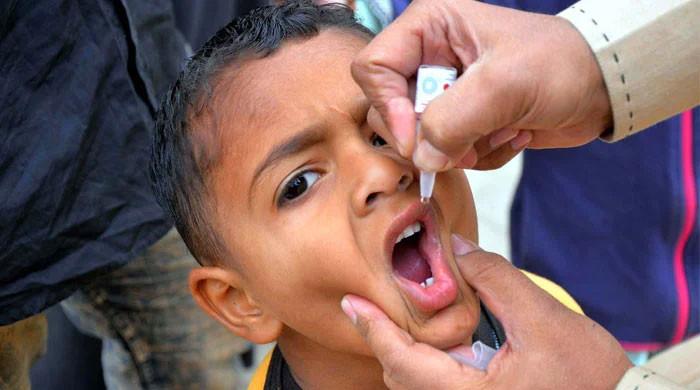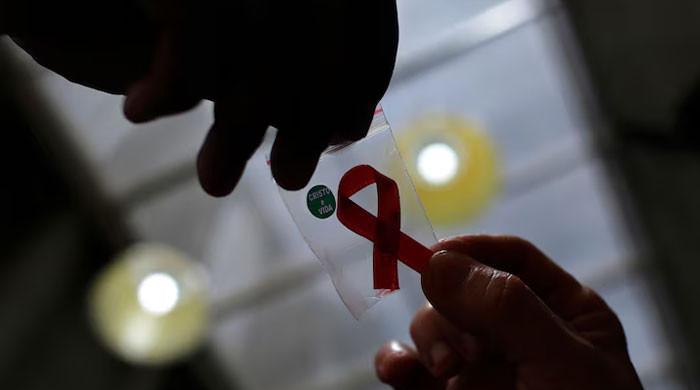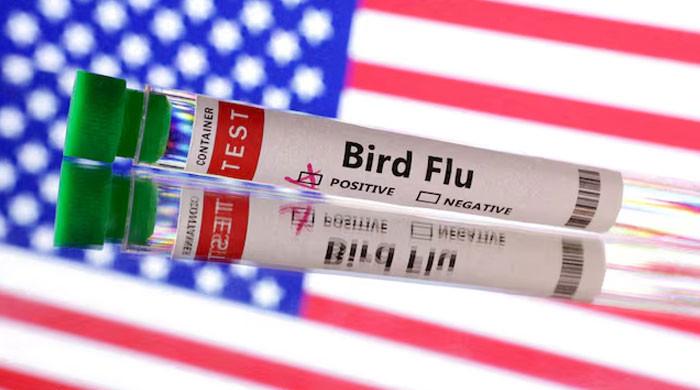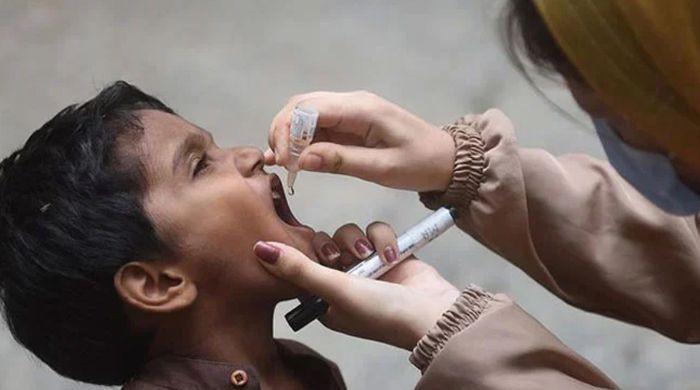Study finds link between insomnia and stroke in people under 50
"Study does not prove a causal link between insomnia and stroke but shows an association," says expert
June 08, 2023
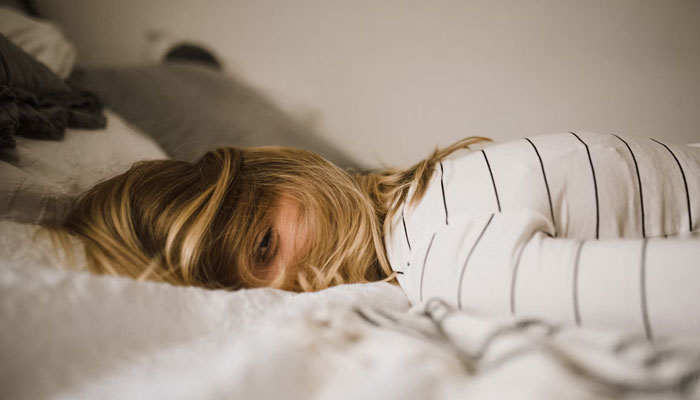
If you are feeling trouble falling asleep, staying asleep, or waking up too early, this may be a bad sign as researchers have found in their new study that there is a risk of stroke in those people.
The research published in the journal Neurology Wednesday suggested that people under 50 years old are at a higher risk.
But experts from the Virginia Commonwealth University in Richmond, US, said the study does not prove a causal link between insomnia and stroke, and only shows an association.
The author of the study Wendemi Sawadogo said: "There are many therapies that can help people improve the quality of their sleep, so determining which sleep problems lead to an increased risk of stroke may allow for earlier treatments or behavioural therapies for people who are having trouble sleeping and possibly reducing their risk of stroke later in life.
"The factors that can lead to stroke such as alcohol use, smoking and level of physical activity, the study found that people with one to four symptoms had a 16% increased risk of stroke compared to those with no symptoms."
People with five to eight symptoms of insomnia had an over 50% increased risk while among those with five to eight symptoms (5,695 people), 436 had a stroke, the study found.
"The list of stroke risk factors such as high blood pressure and diabetes can grow as people age, making insomnia symptoms one of many possible factors," Dr Sawadogo said.
"This striking difference suggests that managing insomnia symptoms at a younger age may be an effective strategy for stroke prevention," he said.
"The risk also further increased for people with diabetes, hypertension, heart disease, and depression," researchers noted.
Experts while highlighting the limitation of the study said the participants reported their own symptoms of insomnia, so the information may not have been accurate.
However, they said the new evidence is sufficient to conduct further research to explore the reduction of stroke risk through sleep management.





